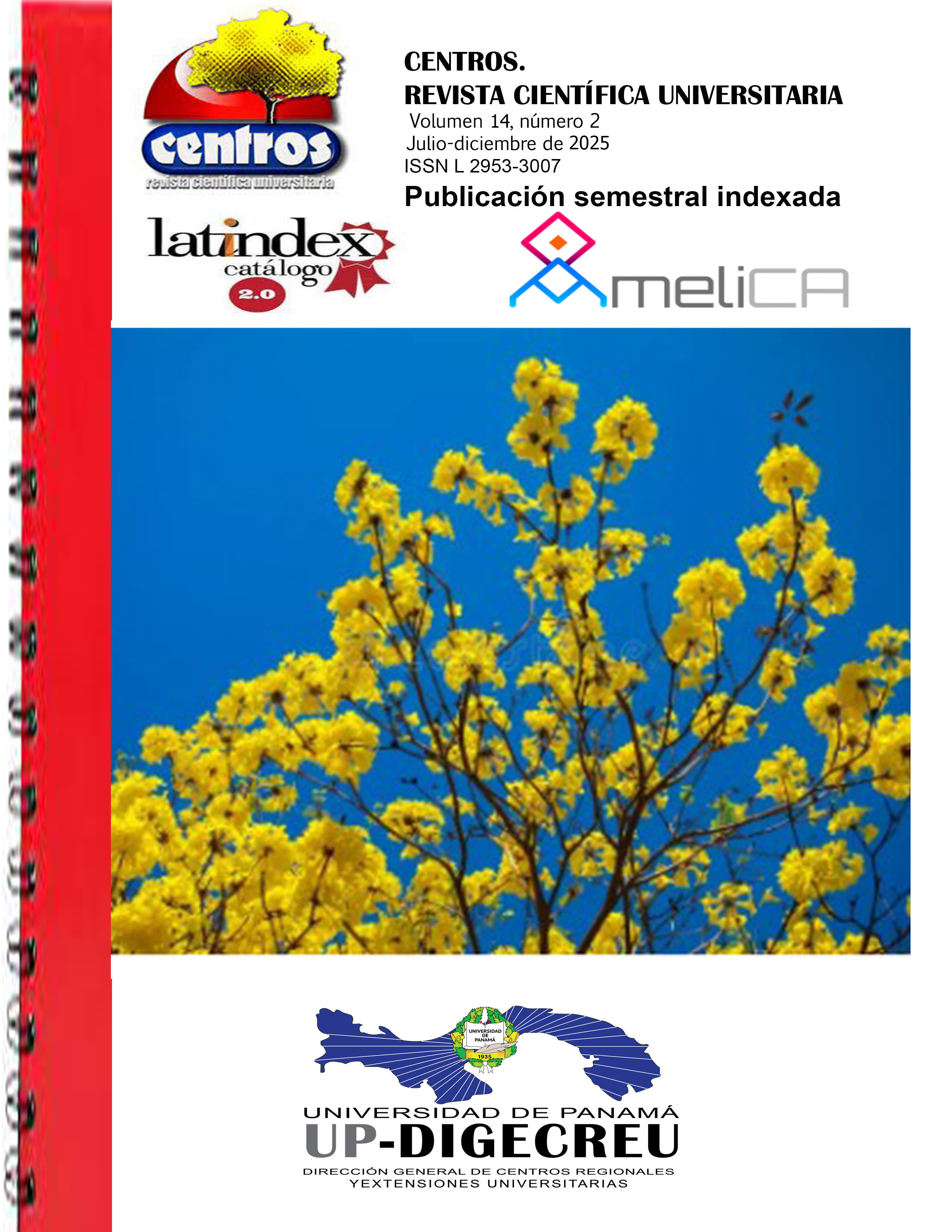

Copyright (c) 2025 Centros: Revista Científica Universitaria

This work is licensed under a Creative Commons Attribution-NonCommercial-ShareAlike 4.0 International License.
Quality control and environmental impact are key aspects in construction projects, both in their planning, execution, and delivery. This research aims to analyze the organizational structure, strategies, and costs associated with the implementation of quality control systems, using ISO 9000 and ISO 14001 standards. The methodology includes reviewing studies and successful international cases, as well as national and international regulations, along with surveys of Panamanian construction companies about their application of these systems. The study revealed that many companies see management systems as a necessary expense solely for obtaining certifications, rather than as a tool to improve efficiency. However, quality, health, safety, and environmental (QHSE) systems are fundamental for efficient management in construction. 27 construction companies in Panama were interviewed, analyzing their projects and approaches to management in the Building their projects and protecting the environment. The successful implementation of these systems depends on government regulations, financial resources, training, technology, and cooperation among stakeholders. Challenges include a lack of awareness, financial barriers, and resistance to change. Overcoming these obstacles requires investments in training, technology, and sustainable strategies. These measures not only reduce environmental impact but also improve efficiency, competitiveness, and long-term profitability for companies. Thus, the proper adoption of management systems benefits both construction companies and the natural environment, as well as their market reputation.